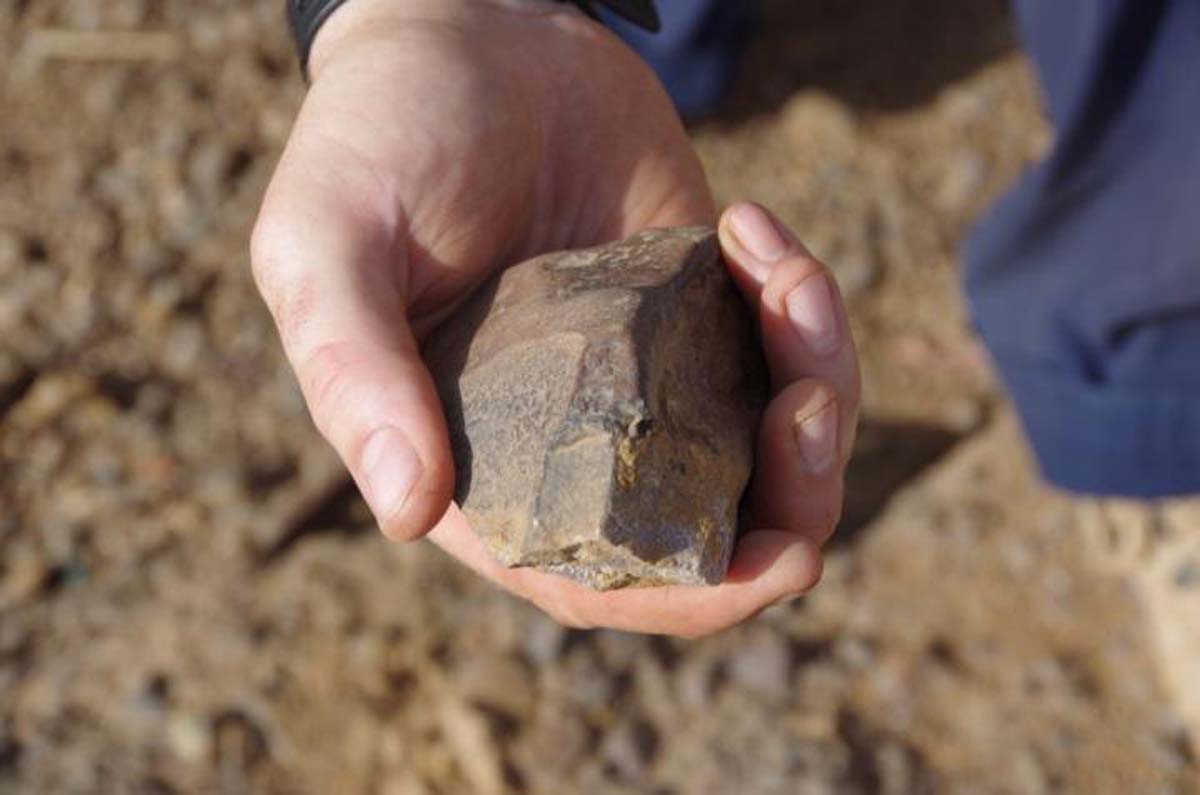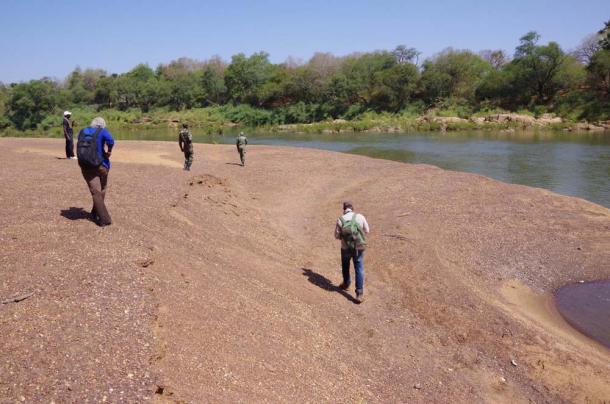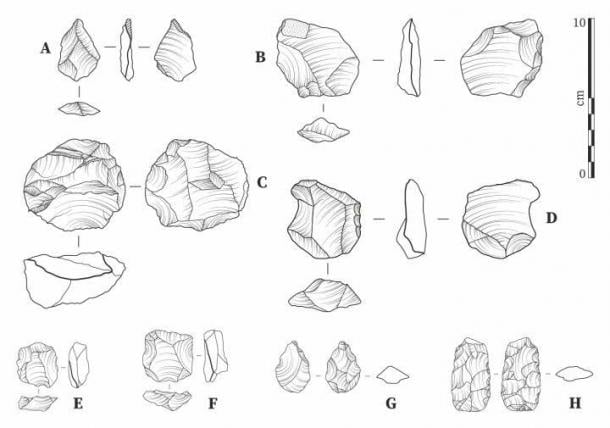Human Evolutionary Theory Needs Updating, Again
12 JANUARY, 2021 - 22:02 By ASHLEY COWIE, Ancient origins net.
https://www.ancient-origins.net/news-history-archaeology/middle-stone-age-0014791

|
Recent archaeological digs in Africa found evidence of Middle Stone Age tools dating to just 11,000 years ago, about 20,000 years after these tools were traditionally believed to have stopped being produced. This means groups of ancient humans moved to using newer tools at different speeds, and that early human hunters lived in relative isolation from each other.Questioning Human Evolution in the Middle Stone Age
The new paper suggests some ancient people living in Africa 11,000 years ago were still using simple tools, while other groups had developed more advanced technologies 20,000 years previously. This directly challenges the traditional theory that humans evolved in a linear fashion, making technological advances together, and proves humans evolved at greatly different rates around Africa, and the world.

Team fieldwalking along the Gambia River, Senegal. (Eleanor Scerri / Max-Plank Institute )
Evolution In A Nutshell
Putting recent human evolutionary history in a nutshell: the period before Homo sapiens is known as the Lower Stone age, and that gave way to the Middle Stone Age, where we began developing simple stone, wood and rope tools. In the Late Stone Age, the skill sets that were developed using these tools became craft disciplines, and the rapid advancements in technologies started at that time haven’t stopped since, leading to our current state, as tool wielding monkeys with big aspirations. Note: I said that last bit, not the researchers at the Max Planck Institute .
The archaeologists wrote that for most of humanity's prehistory groups of humans were relatively isolated from each other. This conclusion was derived from the fact that most Middle Stone Age finds in Africa date to between 300 thousand and 30 thousand years ago and after this time they largely vanish. However, the new finds show primitive tool production continued in some isolated areas much later in the Late Stone Age, “when the Neolithic became the Bronze age around 3,500 BC,” said the researchers.
The lead author of the new study, Dr Eleanor Scerri, said that up to now almost everything that is known about ancient human origins has been extrapolated from discoveries in small parts of eastern and southern Africa. Now, this new work highlights the importance of investigating the entirety of the African continent so to construct a clearer and more reality-based picture of human evolution.

Lithics from Laminia (A-D) and Saxomununya (E-H). (A) unretouched flake; (B) bifacially retouched flake; (C) Levallois core evidencing a step fracture; (D) side retouched flake/scraper; (E, F) Levallois cores; (G) bifacial foliate point; (H) bifacial foliate. (Jacopo Cerasoni / Nature CC-BY-4.0)
The Hindering Effects Of Geographic Isolation
The team are currently unclear as to “why” some groups of West Africa's Stone Age hunters were left standing in time while others rapidly advanced. However, they think “geographical isolation” has a lot to do with it. And we can still see the effects of geographical isolation in the modern world, for example, we have 20 years olds in San Fransisco walking about with Google Glasses being fed big data in live streams, while other 20 year olds around Yaohnanen village on the southern island of Tanna in Vanuatu worship Prince Philip, Duke of Edinburgh, the consort to Queen Elizabeth II, as a divine being.
Montagu Cave - Acheulean & Middle Stone Age Hominins of South Africa, Sep 29, 2015
The researchers also suggests that perhaps the people with less advanced technologies experience fewer changes in climate, therefore, they were not under such intense pressure to survive and adapt. Either way, the study presents “a newer view of human evolution:” one in which groups of Stone Age survivalists lived and developed separately, and maybe even had “cultural boundaries,” living “in slightly different ecological niches,” wrote the researchers.
😇😇😇😇😇😇😇😇😇😇😇😇😇😇😇😇😇😇😇😇😇😇😇😇😇😇
😇😇😇😇😇😇😇😇😇😇😇😇😇😇😇😇😇😇😇😇😇😇😇😇😇😇
SPECIAL THANKS TO AONGHAIS (JULI) FOR HER HELP WITH THE ARTICLE
😇😇😇😇😇😇😇😇😇😇😇😇😇😇😇😇😇😇😇😇😇😇😇😇😇😇


No comments:
Post a Comment
Stick to the subject, NO religion, or Party politics